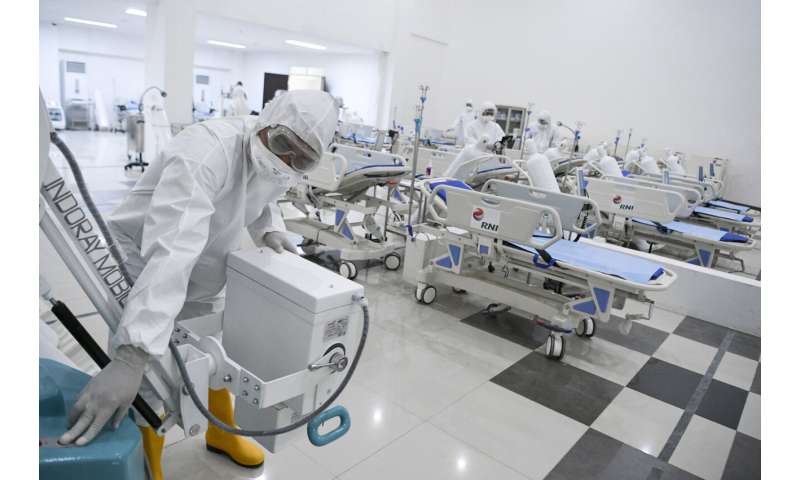
The hunt for ventilators and other medical supplies consumed the U.S. and Europe on Monday, as new coronavirus infections soared and political paralysis stalled efforts for a quick aid package from Congress. Markets in Asia and Europe sank along with U.S. futures as more governments tightened restrictions to fight the pandemic.
Fears grew that densely crowded New York could become one of the world’s biggest coronavirus hot spots, prompting cancelations of everything from play dates to picnics in the park to pickup basketball games. The city’s mayor said hospitals were 10 days away from shortages in “really basic supplies” that seriously endangered both health care workers and patients.
“If we don’t get the equipment, we’re literally going to lose lives,” Mayor Bill de Blasio told CNN.
A surge in infections has caused a critical shortage of medical supplies in many places. Italy has already seen 18 doctors with coronavirus die. A senior Spanish health official called the infection of 3,910 health care workers, roughly 12% of the country’s total cases, “very bad news.”
To combat this, Spain erected a field hospital in a convention center. British health workers pleaded for more gear, saying they felt like “cannon fodder.” U.S. President Donald Trump ordered mobile hospital centers be sent to Washington, California and New York. In France, doctors scrounged masks from the unlikeliest of places—an architect, construction workers in Breton, factory floors.
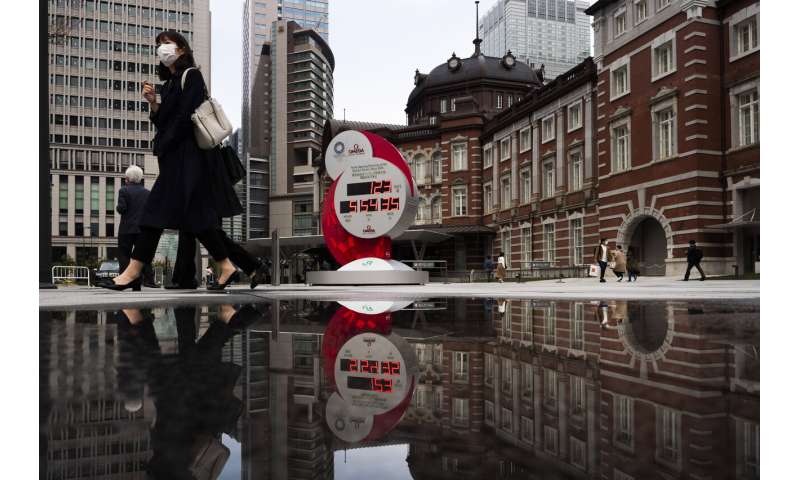
“There’s a wild race to get surgical masks,” François Blanchecott, a biologist on the front lines of testing, told France Inter radio. “We’re asking mayors’ offices, industries, any enterprises that might have a store of masks.”
Health care workers say they are being asked to reuse and ration disposable masks and gloves. A shortage of ventilators, crucial for treating serious COVID-19 cases, has become critical as has a lack of test kits to comply with the World Health Organization’s exhortations to test as many people as possible. In the United States, a fierce political battle over ventilators has emerged, especially after Trump told state governors to go find their own medical equipment and some strongly replied that was not the best solution.
China has been the one nation to counter this trend, sending planeloads of medical equipment like masks, gloves and protective gear as well as doctors to countries across Europe, including hard-hit Italy, France and Spain as well as countries with weaker medical systems like Bulgaria, Greece and Serbia.
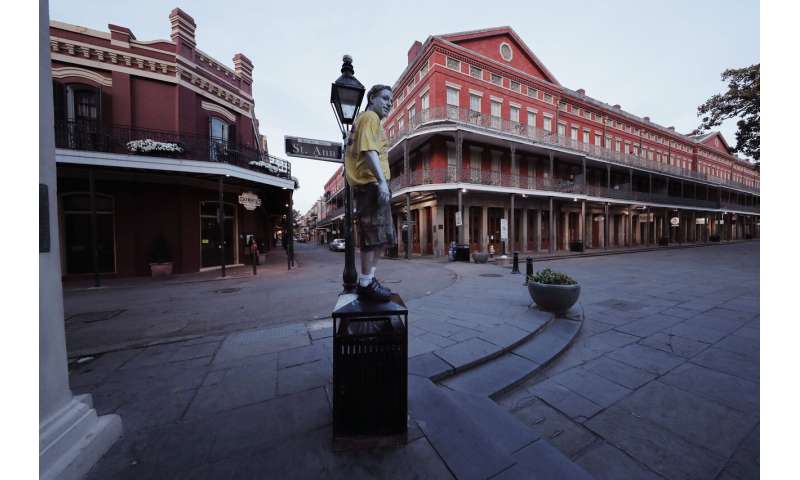
“The U.S. is completely wasting the precious time that China has won for the world,” said Geng Shuang, the Chinese Foreign Ministry spokesman.
Dr. Anthony Fauci, director of the U.S. National Institute of Allergy and Infectious Diseases, promised that medical supplies are about to start pouring in and will be “clearly directed to those hot spots that need it most.”
But efforts for a quick aid package from Congress faltered. The U.S. Senate voted against advancing a nearly $2 trillion economic rescue package. Democrats argued it was tilted toward corporations rather than workers and health care providers. Another vote was expected Monday.
The delay shook investors, as has the accumulation of canceled events large and small, the soaring numbers of unemployed and a widespread pullback in spending. U.S. futures slipped more than 3% on Monday and stocks fell in Paris, Frankfurt and London after a brutal session in Asia.
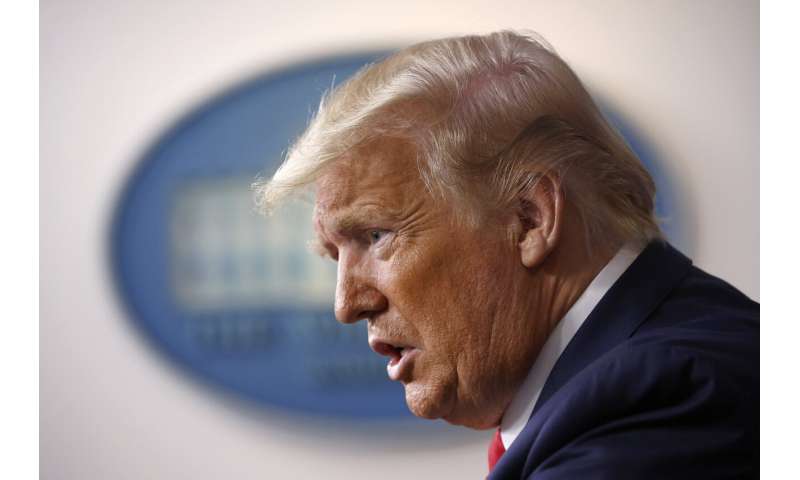
Governments everywhere are grappling with how to keep essential supplies flowing as their economies slow to keep the virus from spreading. French President Emmanuel Macron urged employees in supermarkets and other essential businesses to keep working despite the threats to their health.
“We need to keep the country running,” Macron said.
Worldwide, nearly 350,000 people have been infected and 15,000 have died from the virus that first emerged in central China late last year. As cases in China ebbed, the dangers to Europe and the U.S. have grown exponentially, although Germany on Monday cautiously reported some flattening of its infection curve.
After just a few weeks, the U.S. has more than 33,000 cases and more than 400 deaths.
For most people, the new coronavirus causes only mild or moderate symptoms, such as fever or coughing. But for some older adults and people with existing health problems it can cause more severe illness, including pneumonia. Over 100,000 people have recovered, mostly in China.
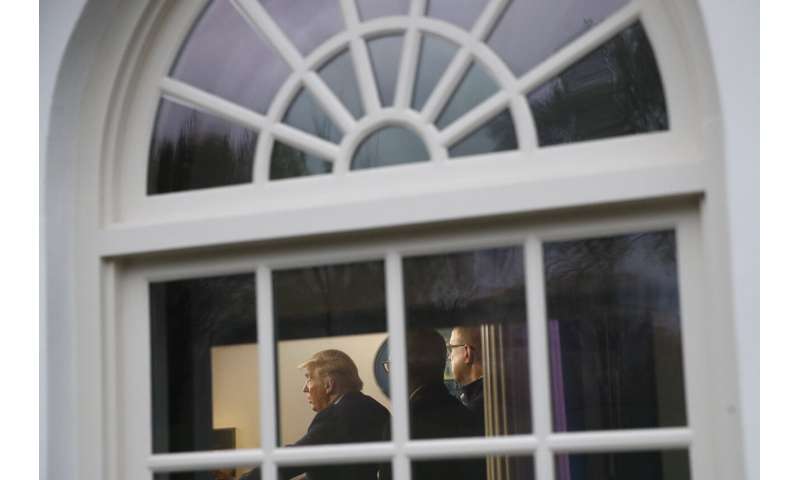
Authorities kept up their push to get people to stay home but some were clearly not listening.
Photos showed long lines of parked cars as hundreds walked up the remote mountains of Snowdonia National Park in Wales, which saw”its busiest-ever visitor day” on Saturday. The park on Monday urged the British government to be more explicit in its advice so people “protect themselves and others.”
British Health Secretary Matt Hancock described those ignoring the government’s social distancing recommendations as “very selfish” and warned that stricter rules might be coming soon.
“If people go within two meters of others who they don’t live with, then they’re helping to spread the virus,” he said. “And the consequences of that costs lives.”
Italy’s infections continued to spike, hitting 59,000 cases and 5,476 deaths, and India’s prime minister asked, with mixed results, his nation of 1.3 billion people to stay home. The arrival of the global pandemic in Syria as well as the Gaza Strip has raised concerns it could run rampant in some of the most vulnerable areas in the Mideast.
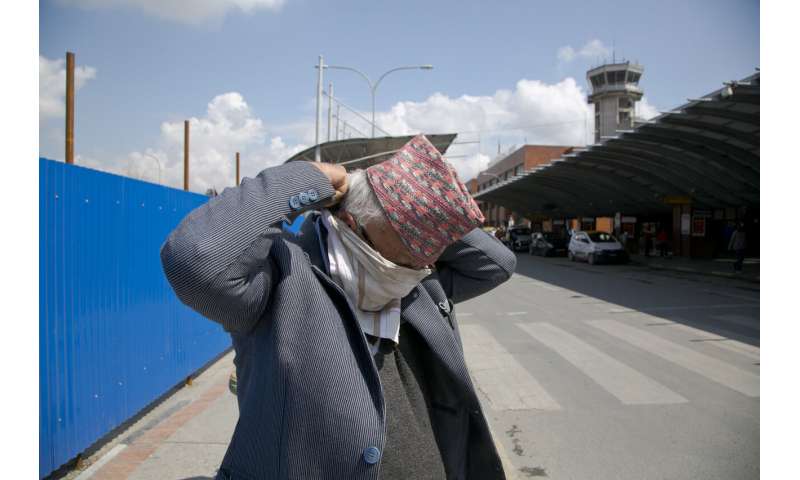
Two former passengers of the virus-infected Diamond Princess cruise ship died, bringing to 10 the number of deaths from a ship that had over 700 infections and stands as a prime example of how not to contain an outbreak. With weddings and other large gatherings banned in many places, an untold number of burials are going forward with nothing more than a minister, a funeral home staffer and one loved one to bear witness.
Republican Rand Paul of Kentucky became the first U.S. senator to announce he was infected, joining the likes of celebrities like opera superstar Plácido Domingo. German Chancellor Angela Merkel put herself into quarantine after a doctor who gave her a pneumonia vaccine tested positive.
With no end in sight to the global uncertainty, Japanese Prime Minister Shinzo Abe acknowledged that postponing this year’s Summer Olympics could be unavoidable. Canada and Australia added to the pressure on Olympic organizers by suggesting they wouldn’t send athletes to Tokyo this summer. The International Olympic Committee said it would examine the situation over the next few weeks.
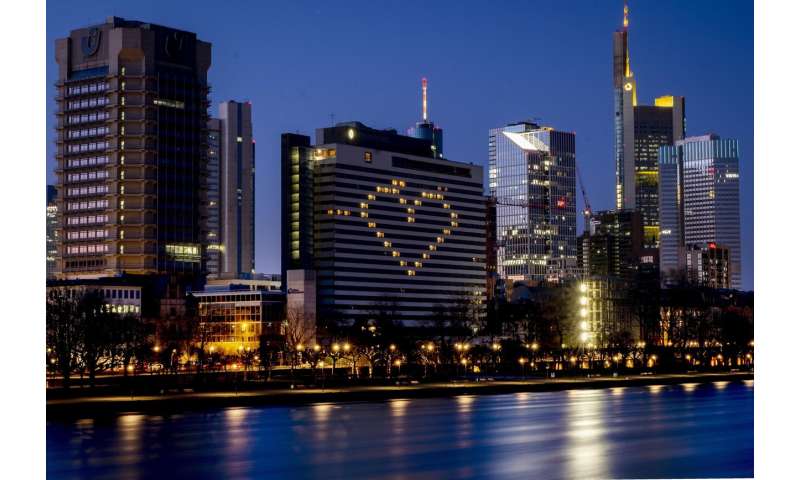
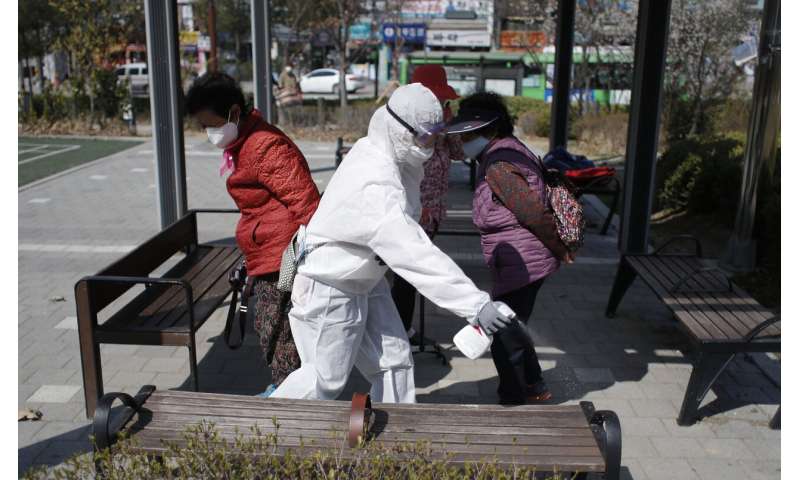
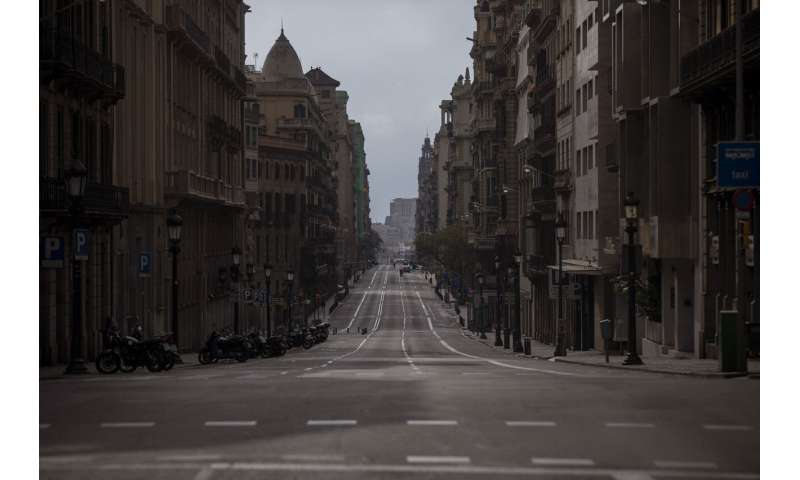
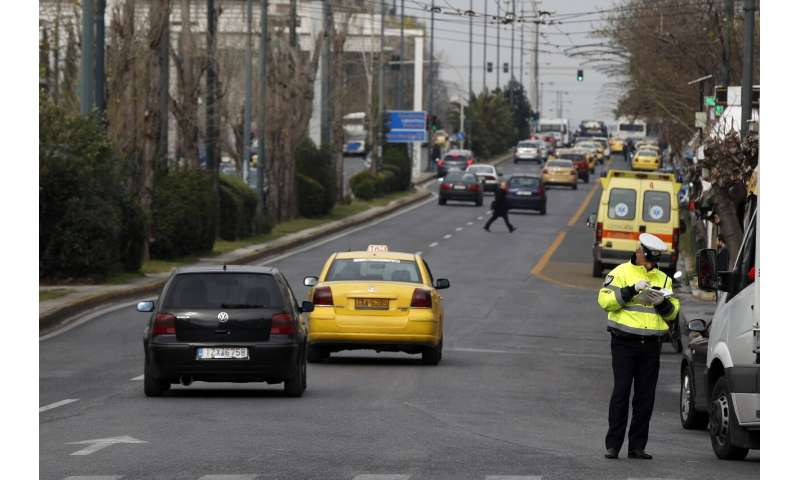
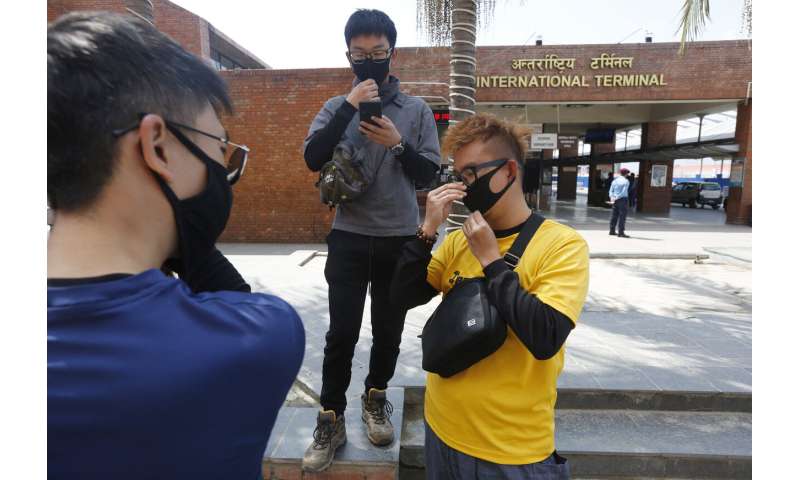
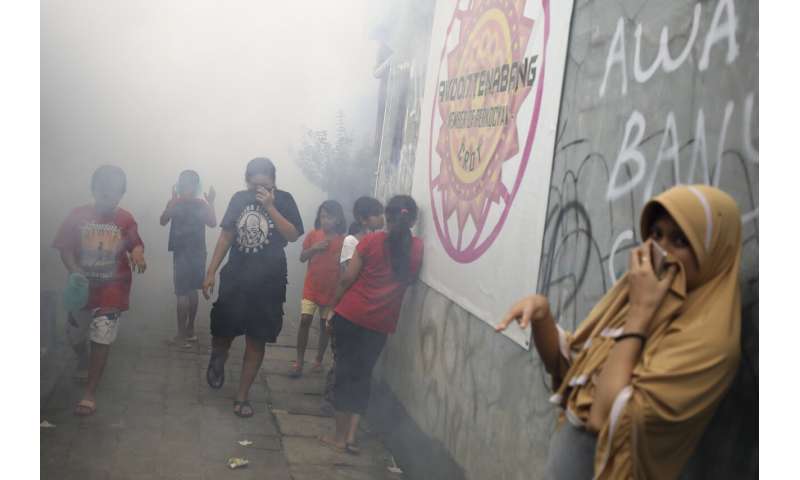

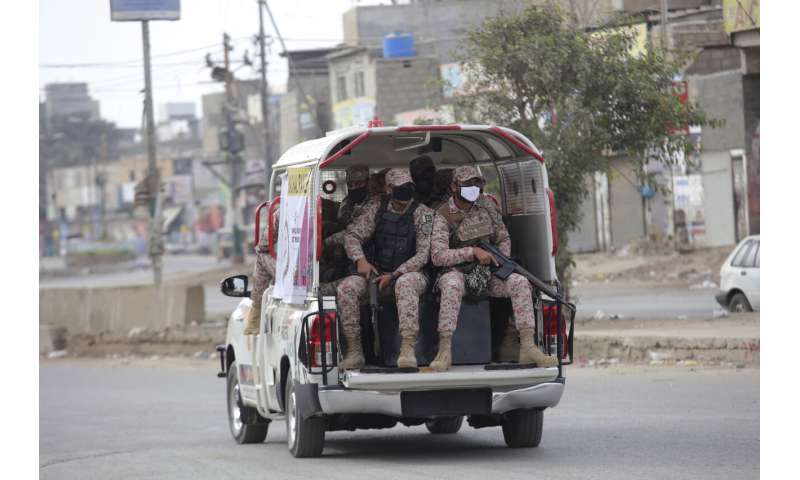
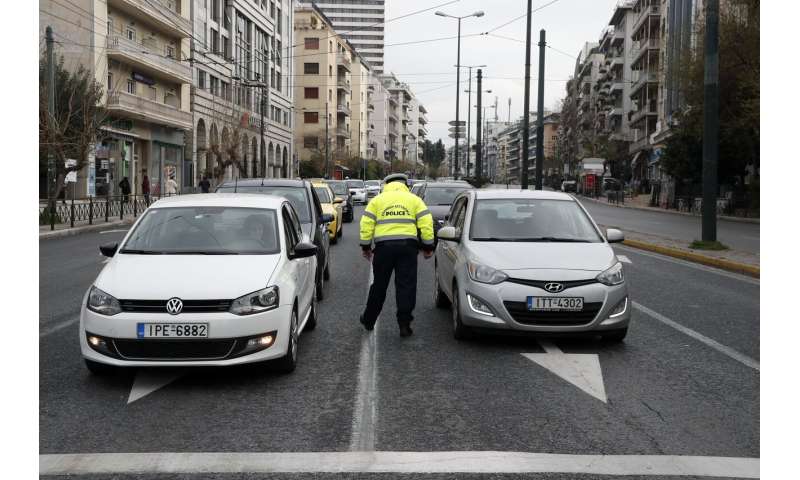
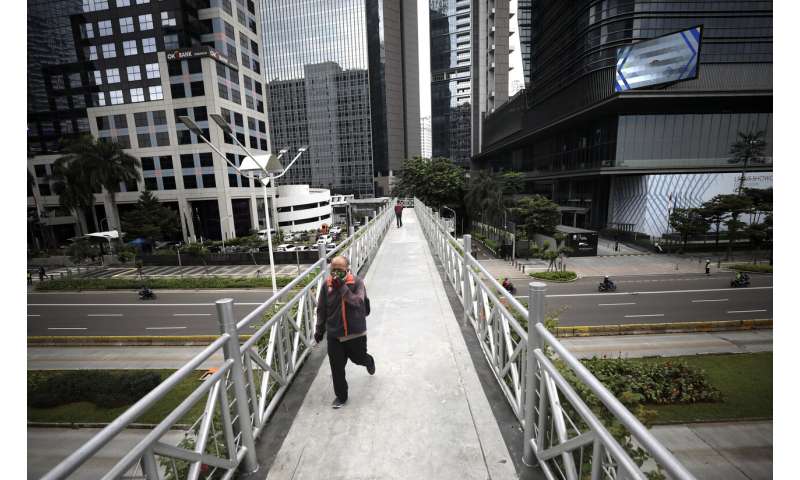
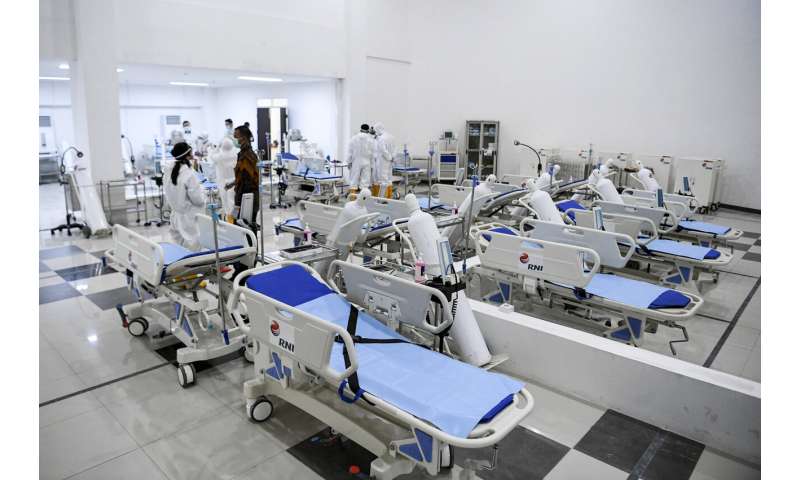
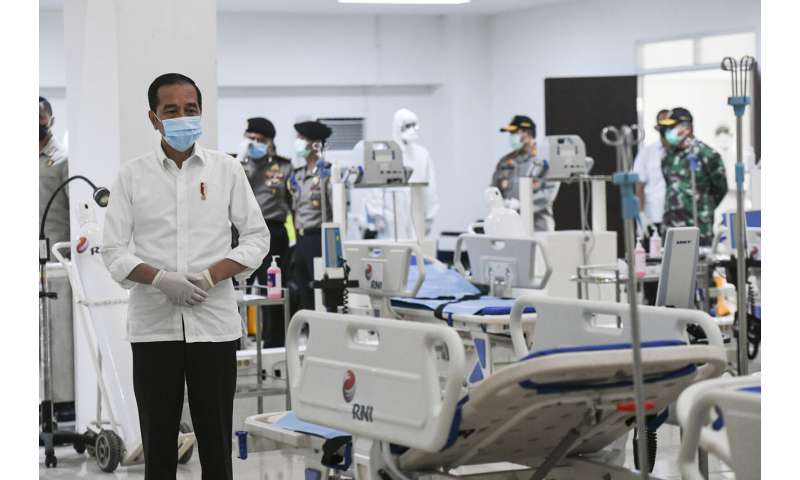
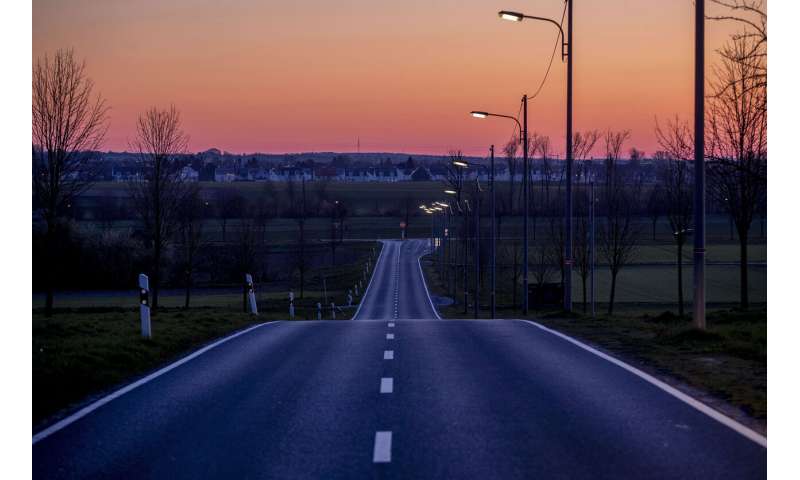
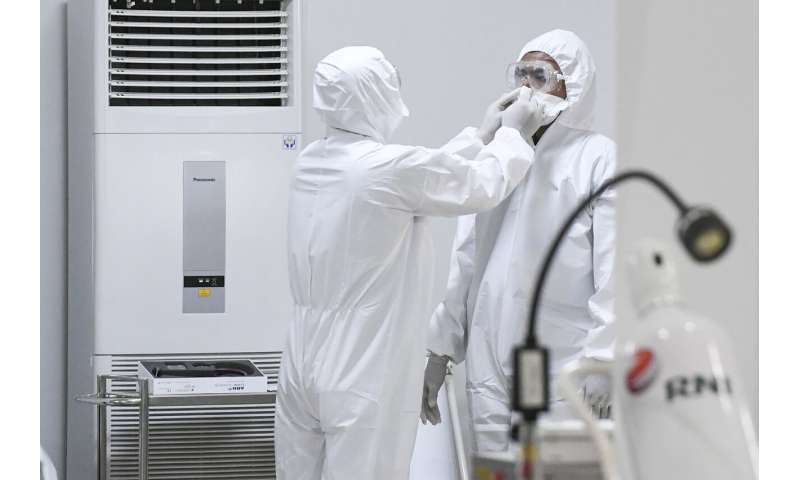
“If it is difficult to hold in a complete way, a decision of postponement would be unavoidable,” Abe said.
While other countries struggled to contain the virus, the central Chinese city of Wuhan, where the virus outbreak first emerged, said Monday it’s now allowing residents limited movement as its months-long lockdown gradually eases.
But even after scientists in London predicted that the pandemic’s death toll could easily top 1 million people in the U.S. alone—and that is the best-case scenario—some world leaders were still not yet convinced of the scope of the threat.
Trump suggested that the remedies to fight the pandemic—including worldwide financial pain—may be more harmful than the outbreak itself, and vowed to reassess government restrictions after the 15-day mark of the U.S. shutdown.
Source: Read Full Article
